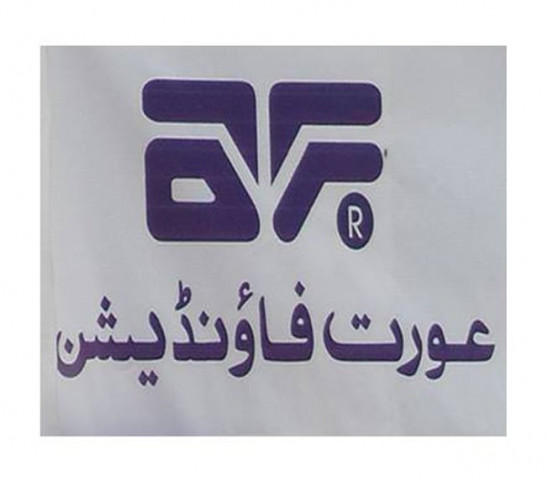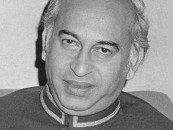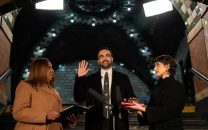The first step: Deputy speaker given draft of forced conversion bill
The bill aims to put an end to forcible conversions in the province

LOGO
"A girl can't clearly announce her choice (of whether to convert or not) when she is threatened by the perpetrators. When she is brought to court, they are distributing sweets and chanting the kalma on her becoming a Muslim," said Zia. "This inflicts a lot of mental pressure on the victim," she explained. She suggested a separate shelter home be established for forced conversion victims, along with discreet places for hearing of such cases.
The bill defines forced conversions as forcing a person to change their religion under duress and threat. It recognises the physical, emotional and psychological threats that victims of forced conversions face and also discusses the role of the government and other stakeholders. It suggests that separate shelters should be established for forced conversion victims in a peaceful and isolated place where they can reach a conclusion.
The time frame between deliberating and coming to court to reach a decision is suggested to be 21 days. This time frame applies to adults only, as marriage with an individual under the age of 18 is illegal.
The bill also suggests that the minimum age of conversion should be set at 18 years, because that is the age at which children gain maturity. "Children can't understand the consequences of their decisions, which is why this age has been suggested," said Zia.
The bill has suggested that the punishment for perpetrators of forced conversion, depending on the severity of the situation, be either five years, life imprisonment or a penalty paid to the victims. The victims can go straight to court to file a petition, instead of going to the police first. The bill also suggests that the first hearing of the case should be held within a maximum of seven days after filing of the report and the verdict should be given within three months.
The bill states that perpetrators should be held in police custody and that victims should be rescued immediately when a report of forced conversion is received.
The bill also suggests that, in case of a child marriage, divorce proceedings and the trial should proceed simultaneously. It also suggests that there should be safety measures for both the victims and the judges as they sometimes receive threats. Zia also stated that sexual intercourse in underage marriages will be considered rape, according to the law.
It also suggests that the victims should be sent to separate chambers where evidence and data can be protected and they can give their statements freely. The offence will be cognisable, non-compoundable and non-bailable under this bill, which means that the police can take action immediately and the offence cannot be settled out of court according to Zia.
Published in The Express Tribune, July 15th, 2015.



















COMMENTS
Comments are moderated and generally will be posted if they are on-topic and not abusive.
For more information, please see our Comments FAQ